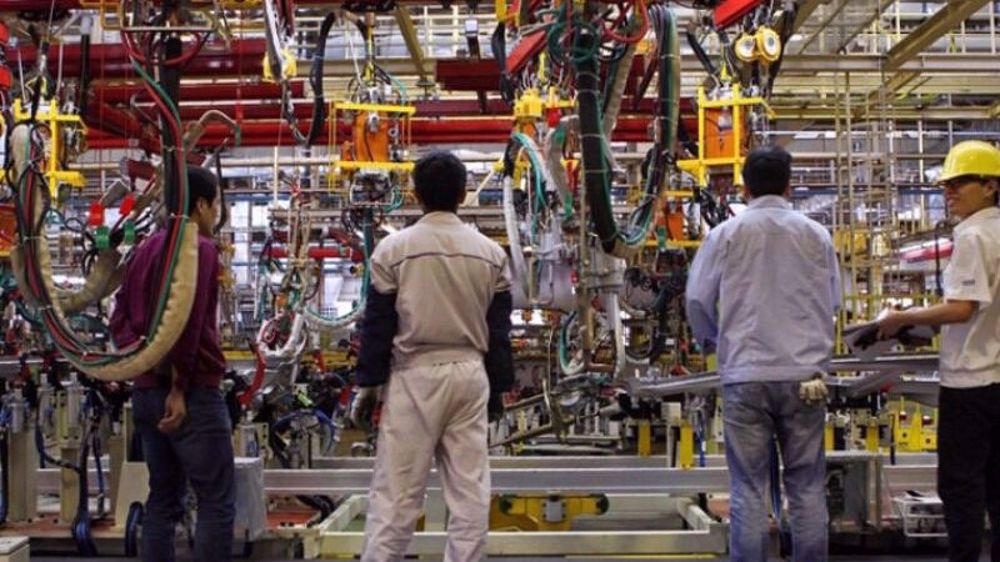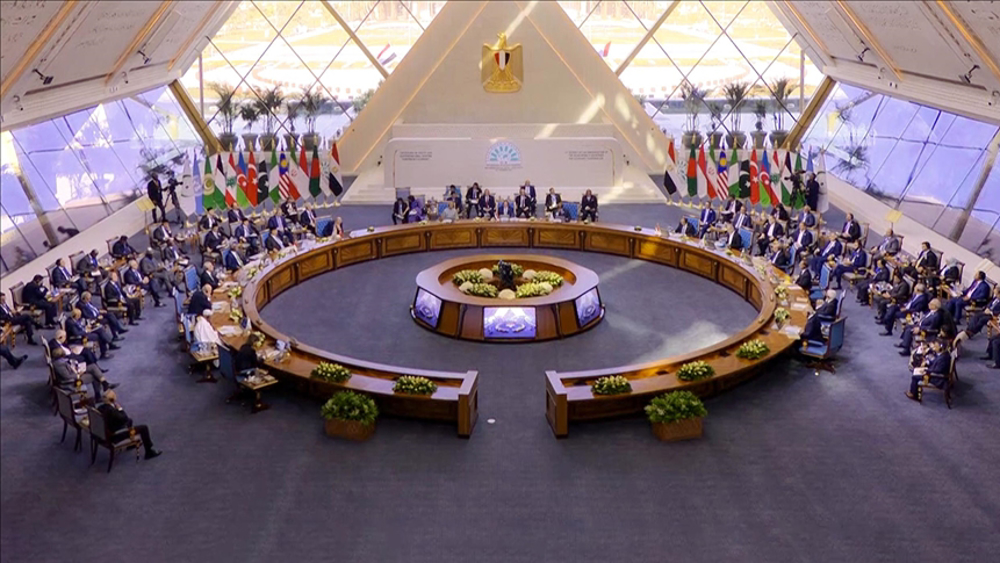Iran diverting water from Gulf of Oman inwards
Iran says it is implementing a landmark project to divert water from the Gulf of Oman to its central plateau – a project that could not only address the country’s surging water crisis but could also help push ahead relevant economic plans in host regions.
Alireza Razm-Hosseini, the governor general of Iran’s southern province of Kerman, told the domestic media that the project – which involved digging a tunnel – was being implemented by Khatam-ul-Anbia Construction Headquarters (KACH) since December 2015.
Razm-Hosseini emphasized that that the government of President Hassan Rouhani had allocated the required funds for the project – already described as the biggest water transfer project in the Middle East.
He told a meeting held to evaluate the progress of the project - in which Iran’s First Vice President Es’haq Jahangiri was also present – that addressing the water crisis in Kerman was a key concern of the government, Iran’s IRNA news agency reported.
Razm-Hosseini said that water would be desalinated at an entry point in Iran’s shores before being transferred inland.
He further described Kerman as one of the most arid provinces of Iran with an average rainfall of only about 129 millimeters per year and an annual water shortage level of 800 million cubic meters.
Elsewhere in his remarks, the official said that Kerman mostly used water from underground resources for irrigation – what he said already was a serious threat to the province’s environment.
Razm-Hosseini said the depletion of underground water resources had already led to the evacuation of many villages.
He added that the government had devised serious plans to prevent further depletion of underground water resources by encouraging growing agricultural products that consume less water such as saffron and barberry. Razm-Hosseini also emphasized that irrigation methods of wheat and corn farms in Kerman had also been renovated to increase efficiency.
Iran’s Energy Minister Hamid Chitchian had earlier announced that Iran is in a critical situation in terms of its water resources.
To the same effect, Iran’s Energy Ministry - which is in charge of regulating the water sector - had earlier warned that above 500 cities of the country are struggling with the shortage of drinking water.
Officials blame Iran’s water crisis on the changing climate and frequent droughts. However, they have also warned that reckless consumption is already deteriorating the situation.
VIDEO | Yemeni forces repel US-British attack, down F-18 Jet
Iran’s capabilities vast; enemy’s ‘maximum pressure’ policies all failed miserably: Senior official
Iran’s economy grew 2.7% y/y in Sep quarter: CBI
VIDEO | Freelancers in Gaza strive to stay online amid genocide
Mikati demands Israel's withdrawal from south Lebanon
Yemeni army strikes Israeli military sites with drones
‘Clock ticking’: UNRWA slams unjustifiable killing of children in Gaza
BP to be sued in Britain for supplying oil to Israel










 This makes it easy to access the Press TV website
This makes it easy to access the Press TV website